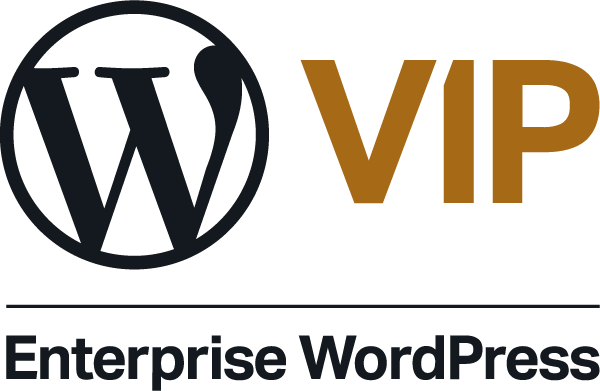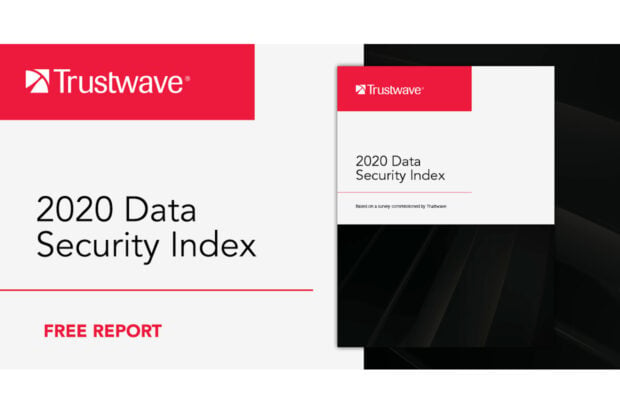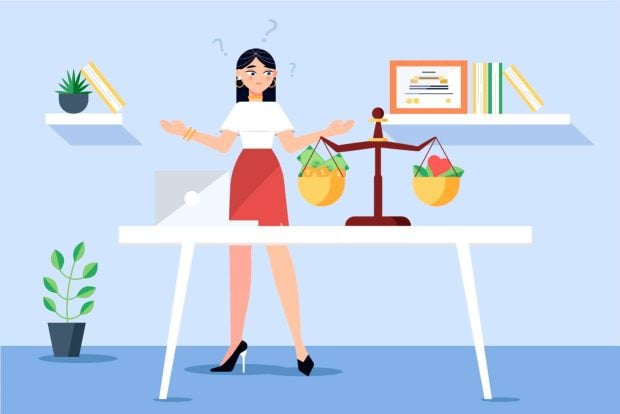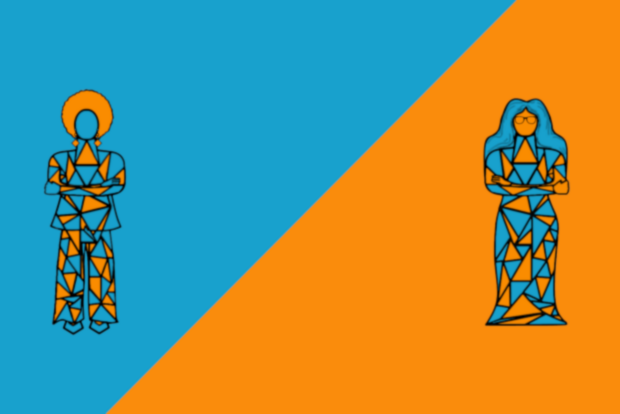Is gender equality under threat? An International Women’s Day conversation with Julia Gillard and Bridget Phillipson

Those involved in the women’s liberation movements in the US and Europe in the 1960s would be dismayed to learn the results of a new report, which shows that young men have more negative views of gender equality than those of previous generations.
In an event ahead of International Women’s Day on 8 March, former Australian prime minister Julia Gillard and Bridget Phillipson, the UK’s secretary of state for education and minister for women and equalities, discussed this worrying trend, the Trump administration’s efforts to revoke DEIA policies, the UK government’s mission to halve violence against women and girls in a decade, and more.
Hosted by the Global Institute for Women’s Leadership based at King’s College London and global market research company Ipsos, who collaborated on the study, the event began with a summary of the findings.
The study, based on responses from nearly 24,000 people across 30 countries, found that 59% of Gen Z respondents (those born between the late 1990s and early 2010s) perceive tensions between men and women, compared with 40% of Boomers (those born between the mid-1940s and mid-1960s).
While more positively, 70% of all respondents say gender equality is important to them, critical attitudes to feminism, women’s rights and gender roles persist among Gen Z.
For example, 57% of men in that generation agree with the statement ‘We have gone too far in promoting women’s equality that we are discriminating against men’, while three in 10 young men believe that a man who stays at home to look after his children is ‘less of a man’.
The findings of the research – now in its seventh year – along with the “nature of the political movement we’re living in now”, show how much more work is needed to address issues around gender in politics and society, said Gillard, who established the Global Institute for Women’s Leadership in 2018.
“I keep wanting Kelly [Beaver, chief executive of Ipsos UK & Ireland, who presented the study at the event] to come in with research with her thumbs up and say ‘it’s all good’, so we can perhaps do a little dance and then ride off into the sunset and spend our twilight years reading books and drinking red wine. That’s the vision for the future – but we’re not there yet,” Gillard said.
There will be a session on ‘Tackling groupthink in government: how to build diverse teams’ at Innovation 2025, taking place in London on 25 and 26 March. Find out more & register
Trump’s DEIA rollback
This, she said, was being demonstrated particularly visibly in the US where ‘diversity’, ‘equity’ and ‘inclusion’ have, “curiously, now become political flashpoint words because of the actions of the Trump administration”.
“The fact that a national government, let alone of a nation of the size and heft of the US, would think that there is political advantage to be struck in campaigning against diversity, equity and inclusion, it does make me think, what have we been doing wrong? Why haven’t we carried the population more profoundly along with us?
“As Kelly’s research shows, it’s not all one way, but we’re not winning the argument in the court of public opinion as profoundly as we would like to.”
Phillipson noted that while the research from Ipsos and King’s showed that tensions were less severe in the UK than many other countries by quite some margin, tensions were “bubbling up” – she said some conversations between young men and boys [from the Gen Z and Alpha generations] “would really scare you” – but that there was also “an opportunity to really take action”.
One issue, Phillipson noted – particularly around Gen Z attitudes – was the need for positive male role models and support for men, many of whom “feel rather lost at the moment”.
An antidote to groupthink
Another was the need to promote women’s role in diverse teams within organisations.
Phillipson – who grew up in a deprived area of the North East of England in the 1980s to a single, feminist mother – gave the example of a conversation she’d had during National Apprenticeships Week. One of the employers in the nuclear space was determined to recruit more women into what has traditionally been a male-dominated field.
Part of their reasoning, they told Phillipson, was that in an area with critical safety implications, having a range of people from different backgrounds and with different perspectives was really important.
“There’s a good, solid business case for making sure that we’ve got a diverse workforce. Because if you’re in that moment when you’ve got big decisions to take, you want a range of opinions – you don’t want groupthink mentality. So I think it matters in practical terms, as well as there being a moral imperative behind it.”
This business case also applies to civil and public services around the world, with experts agreeing that teams that reflect the societies they serve are more likely to deliver policies and public services that really work.
Read more: ‘The squeaky wheel gets the grease’: making noise about achieving gender parity in public services
Going back to events in the United States, where big companies like Amazon, Google, Meta and Deloitte have taken the Trump administration’s lead in cutting diversity programmes, Phillipson, Gillard and Beaver agreed that the private sector needed to be stronger in promoting the business case for gender equality, and not only as an antidote to groupthink, for example, but because the participation of women could also help to close the skills gap in certain industries.
Phillipson highlighted that the Labour government – which came to power last summer after 14 years in opposition – aimed to demonstrate that to have men and women playing equal roles was a benefit to the economy overall.
Violence against women and girls, and online harms
The government has also set itself a mission to halve violence against women and girls in a decade. Phillipson admitted this was “really ambitious” but that policies were being drawn up to help tackle gender-based violence.
These included “big reforms” to how people would be encouraged to report domestic and sexual violence, work to ensure more timely charging and prosecution – “the fact that so few cases ever result in prosecution, particularly when it comes to rape, is frankly absolutely shocking” – and work to help school children understand consent and what healthy relationships look like.
This led to discussion about young people’s exposure to online harms, which Phillipson said could be “seriously damaging and harmful”. She said there was more the government could do and that it would provide “age appropriate access to really good quality teaching and challenge all of that”.
Gillard said that as a female politician, Phillipson must have personally experienced misogyny online, and that the pervasiveness of such attitudes and disrespect for women in the public eye moved some people to violence.
“Given the temper of the world appears to be away from social media regulation, how do you think we can tackle that kind of misogyny?” she asked.
Phillipson said it was “a really tough one and if we knew the answer we might have fixed it by now” but that implementation of the government’s Online Safety Act and work to understand what more regulation might be required was ongoing.
“There’s a degree to which I think people feel empowered by what they see, those echo chambers that allow for people to kind of self-reinforce some of those views.”
Critical thinking and respectful debate
She added, though, that she feels a responsibility “not to make everything sound so terrible that we risk other women not wanting to come forward [as political candidates].”
“The names you’re called, the way you’re described, the way people talk about you, especially how you appear, just don’t apply in the same way for men. But I really want that next generation of women to come forward to stand for elected office and to take on responsibility so I always slightly worry about making sure that there’s balance in terms of what I say there.”
She said elected officials have a responsibility to use language wisely and to approach political debate in a way that was not inflammatory.
This chimed with a member of the audience who asked a question at the end of the session about whether the government should be doing more to encourage young people to debate so they could learn to challenge and engage with people of opposing views respectively, and to learn the skills needed to evaluate different information sources.
Phillipson agreed there was a need to equip young people with the critical thinking skills to challenge and to question what they see in front of them and not to take information at face value. And not only because what they see online might be harmful or upsetting, but because hostile actors are increasingly using the online sphere to spread disinformation and undermine national security.
“We’ve got a curriculum and assessment review that’s underway at the moment that is looking at what happens within our schools. I think there is more to do,” she said.
There are worrying and growing tensions around gender equality around the world and while Gillard’s wish to be able to ride off into the sunset and spend her twilight years reading books and drinking red wine is unlikely to be granted, with women like her and Phillipson banging the drum, it might one day become a reality for future generations.
Read more: Mission critical: building diverse teams to improve government outcomes























